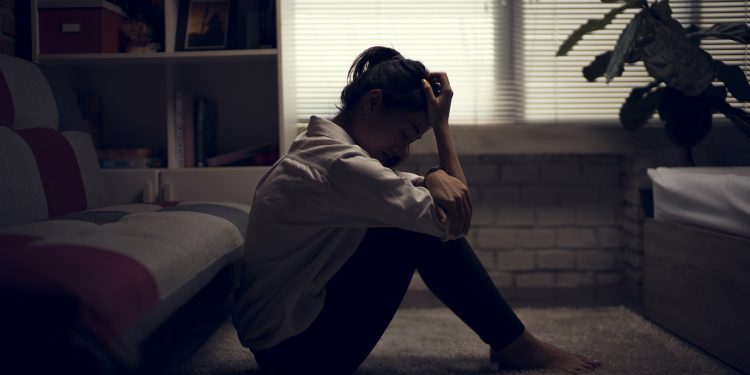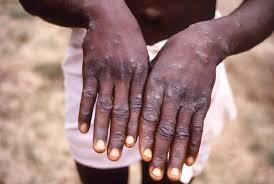Post partum depression is a serious and often debilitating mental illness that can affect women shortly after giving birth. It’s thought to be caused by a combination of physical and emotional factors, including stress, fatigue, and hormonal changes. Symptoms can vary from woman to woman, but may include extreme mood swings, decreased interest in life, inability to concentrate or make decisions, and feelings of sadness, loneliness, and guilt. Post partum depression can last for weeks or months, but is usually relieved by the baby’s arrival. While postpartum depression is relatively rare, it’s important to seek help if you’re feeling overwhelmed or sad.
Post Partum depression facts in Ghana.
- Post Partum Depression is a mental illness that can affect women shortly after giving birth.
- It’s thought to be caused by a combination of physical and emotional factors, including stress, fatigue, and hormonal changes.
- Symptoms can vary from woman to woman, but may include extreme mood swings, decreased interest in life, inability to concentrate or make decisions, and feelings of sadness, loneliness, and guilt.
- Post Partum Depression can last for weeks or months, but is usually relieved by the baby’s arrival.
- While postpartum depression is relatively rare, it’s important to seek help if you’re feeling overwhelmed or sad.
6 Main symptoms of Post Partum depression are:
- Loss of interest in usual activities
- Feeling tired all the time
- Thoughts of suicide or harming oneself
- Trouble concentrating
- Feeling anxious or overwhelmed
- Poor appetite or weight loss
Managing post partum depression.
There is no one-size-fits-all approach to managing postpartum depression, but some key things that may help include:
- Seeking professional help – if you’re struggling with post partum depression and don’t feel like you can handle it on your own, seeking professional help may be a good idea. There are many resources available, including support groups and therapists.
- Taking care of yourself – make sure you get enough rest and exercise, eat a balanced diet, and take antidepressants as prescribed if needed.
- Connecting with others – talking about your feelings with friends and family members can be helpful in relieving stress and boosting your mood.
- Honoring your body -acknowledge that postpartum hormones can cause changes in your mood, energy level, and eating habits that may last for a while. Allow yourself time to adjust and don’t feel guilty if you need to take some time off to relax and recover.






























